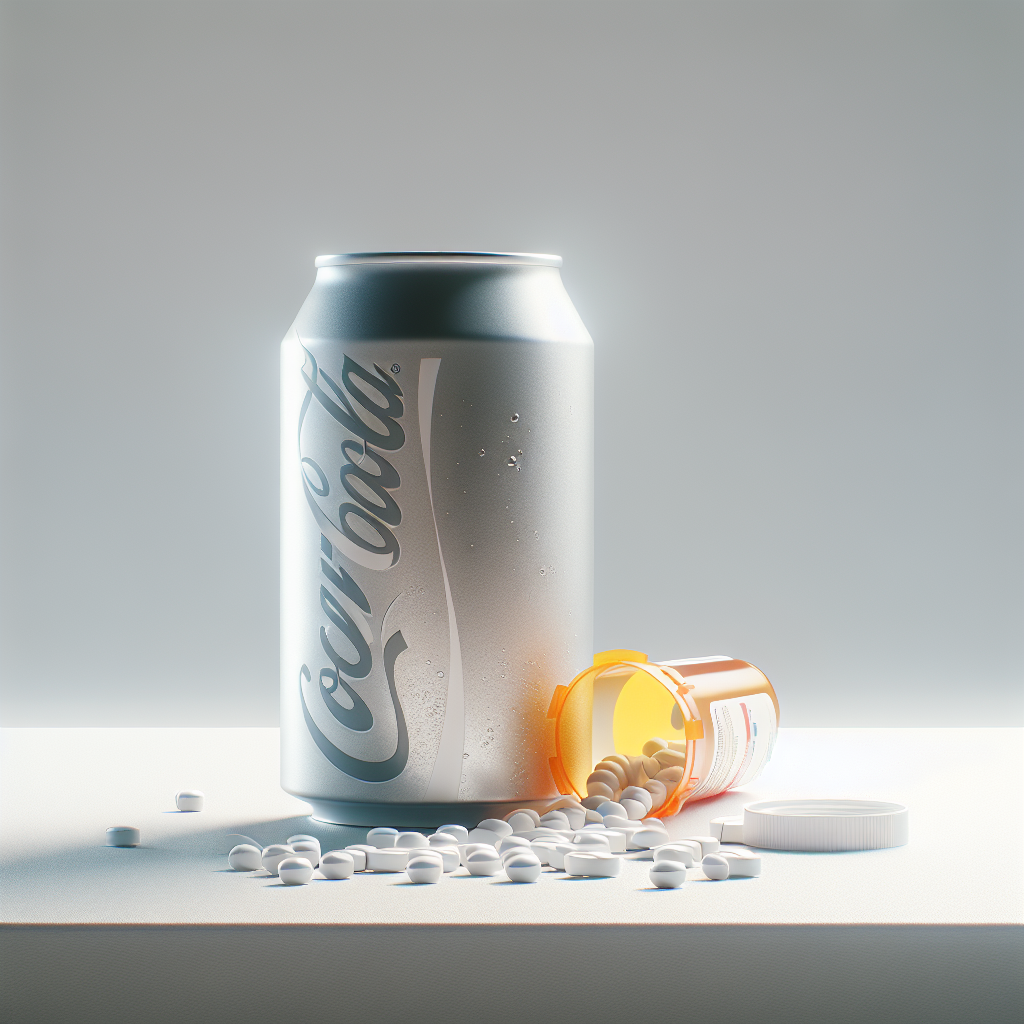Weight loss drugs and non-alcoholic options are impacting soda sales in the U.S.
Eli Lilly’s weight loss drug, Zepbound, has been found to help reduce heart failure risks. Despite this, Coca-Cola announced strong second-quarter earnings on Tuesday, driven by high global demand, leading the company to raise its full-year outlook.
“We are encouraged with our second-quarter results, which delivered solid topline and operating income growth in an ever-changing landscape,” said James Quincey, CEO of Coca-Cola, in a statement.
In North America, however, volume sales fell by 1% during the quarter. Quincey attributed this decline to “softness in away-from-home channels,” which include water, sports drinks, coffee, tea, and soda products.
The decrease was partially offset by sales of Fairlife milk and Coca-Cola’s namesake soda, which finished first and second in retail sales growth during the quarter.
To combat the decline, Coca-Cola is collaborating with food chains to include its soda in combo meals. The company is reportedly working with McDonald’s to enhance the fast-food chain’s $5 meal deal, which includes a soft drink.
Overall, Coca-Cola exceeded Wall Street’s expectations, reporting $12.4 billion in revenue, or about $0.84 per share. Analysts had predicted revenue of $11.76 billion, or approximately $0.81 per share, according to FactSet.
Coca-Cola now forecasts organic revenue growth between 9% and 10%, up from its previous estimate of 8% to 9%.
Pepsi is facing similar challenges in attracting U.S. consumers who are increasingly focused on weight loss and healthier habits. A recent Gallup poll indicates that young adults in the U.S. are drinking less alcohol. In early July, Pepsi pointed to a series of recalls as the reason for its muted second-quarter performance.
